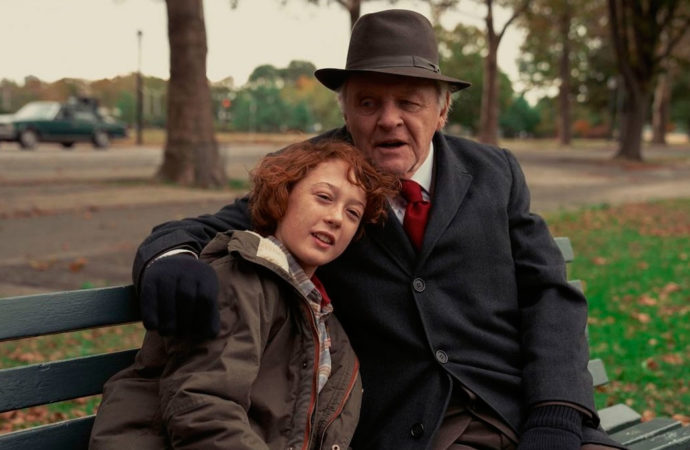Eva Peydró
Filóloga, traductora, crítica de cine, periodista cultural y escritora. Miembro de FIPRESCI (Federación Internacional de Prensa Cinematográfica) y de FEDEORA (Asociación de críticos de cine de Europa y Mediterráneo) y en representación de ambas organizaciones ha participado como jurado en festivales internacionales de cine, como Cannes, Venecia, Karlovy Vary o San Sebastián. En 2014 fundó la revista cultural online El Hype, de la que es directora, y a la que contribuye con artículos sobre cultura, críticas cinematográficas y crónicas de festivales de cine. Programadora del Festival Cinema Heritage. Co-autora de "Ficciones, las justas. La nueva moral en el cine, la música y la pornografía" y "El universo de Marlon Brando".











